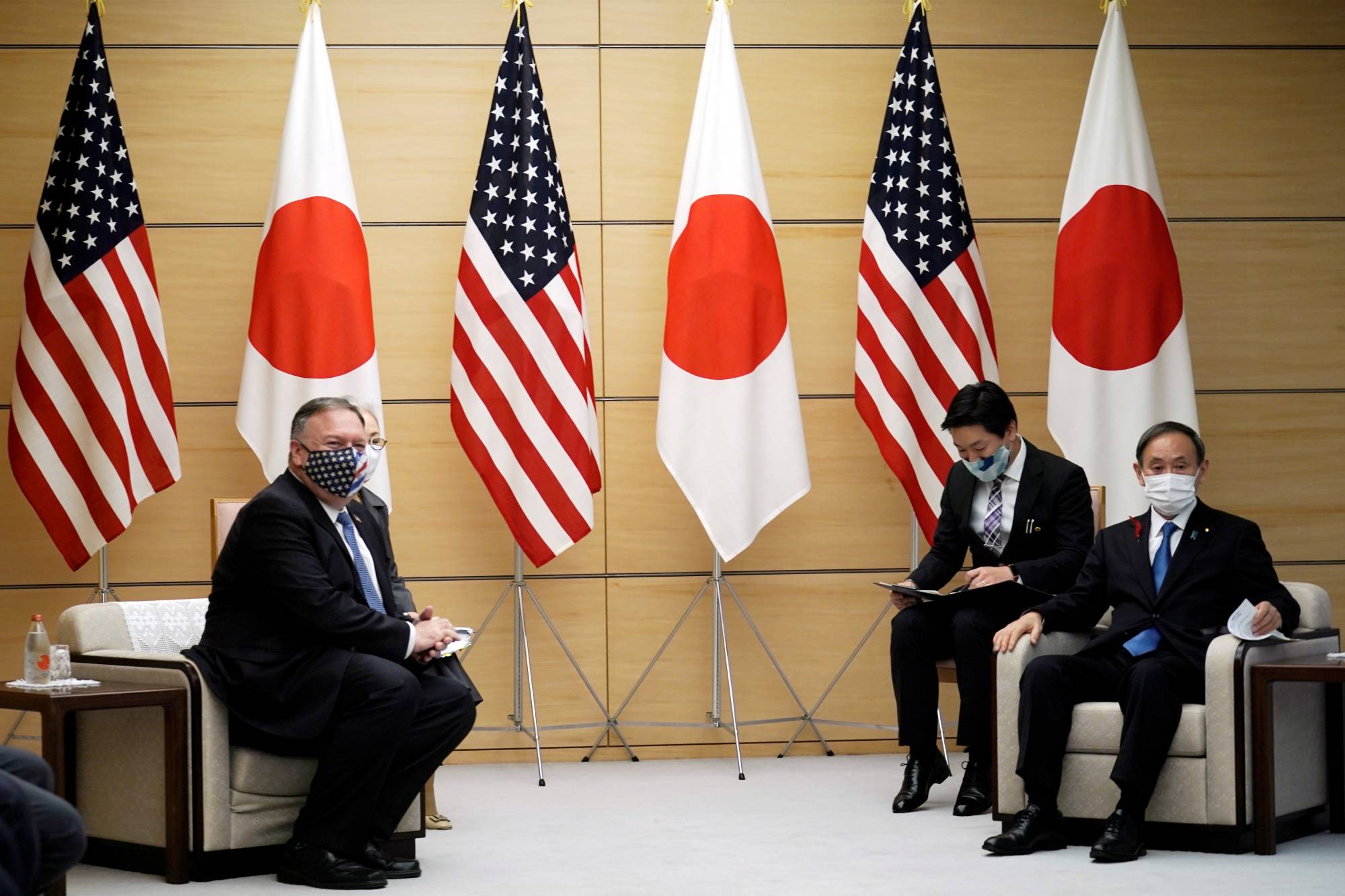“Prime Minister (Shinzo) Abe’s leadership diplomacy was truly amazing. I don’t think I can match that.” — Yoshihide Suga, Sept. 12, 2020
Japan is incrementally becoming more of a consequential international actor amidst an increasingly complex international security environment, and so Tokyo concomitantly faces a greater array of national security challenges requiring nimble and effective policymaking. Unfortunately for Prime Minister Yoshihide Suga, there will be no honeymoon period during which he can comfortably settle into his new job. There is no doubt that Suga is a highly effectual policy coordinator, but he will need to draw upon the national security expertise of other senior officials in formulating and executing a national security agenda for Japan — irrespective of whether he proves to be a transitional figure, or a transformational one.
The highly capable incoming chief Cabinet secretary, Katsunobu Kato, is familiar with national security and defense budget issues, for which he was responsible at one point as a Finance Ministry official. Additionally, the new defense minister, Nobuo Kishi, while not a high-profile strategic thinker presumably has a direct conduit to his brother, former Prime Minister Shinzo Abe. However, national security expert Taro Kono has been effectively sidelined, and Foreign Minister Toshimitsu Motegi is better known for negotiating trade agreements than for national security policy planning. This makes it all the more imperative for Suga’s administration to undertake a prudent reality check and possible rebalancing of its national security agenda now, rather than simply to assert that the Japanese government will continue the policies of Abe, nominally based on this year’s National Security Strategy, without any real reflection or forethought. Otherwise, Japan will revert to reflexively responding to international developments as they occur, rather than driving or influencing them.



